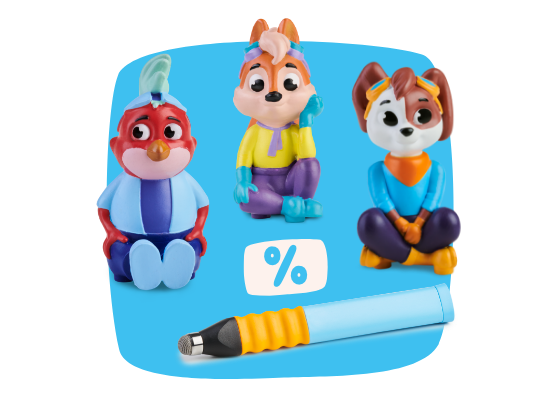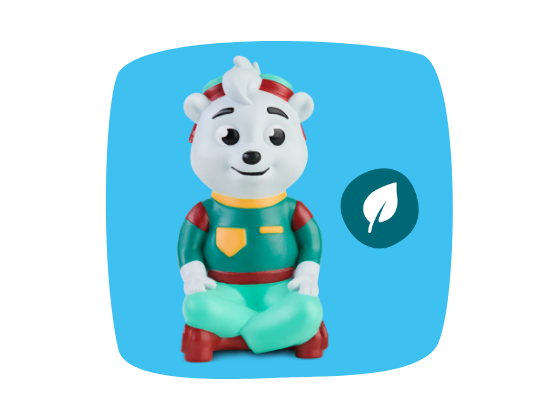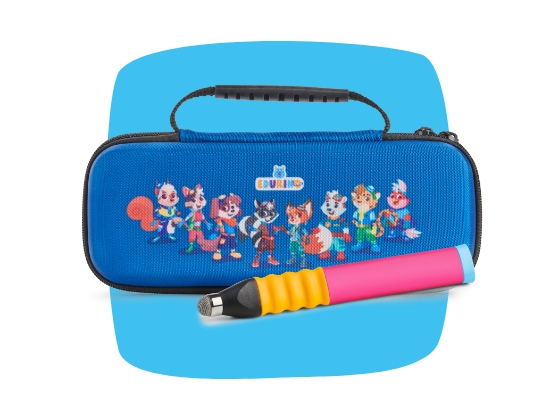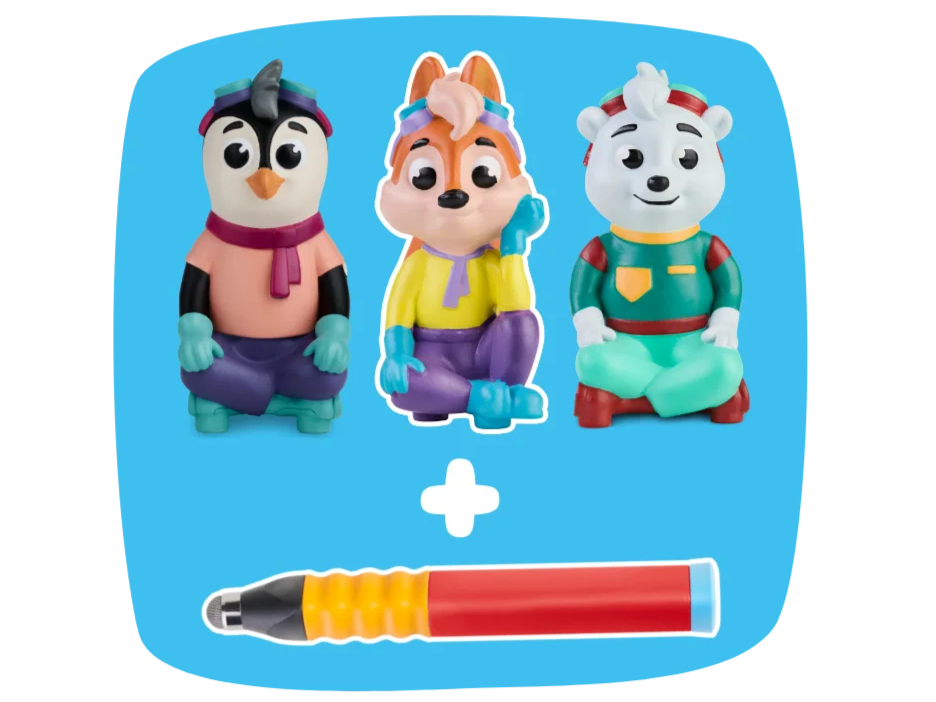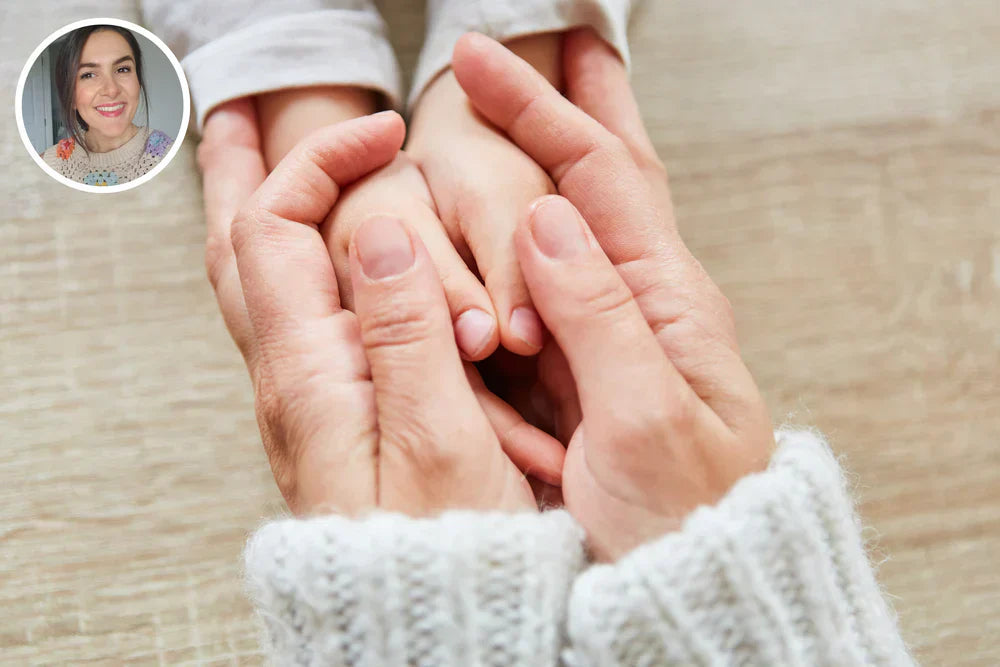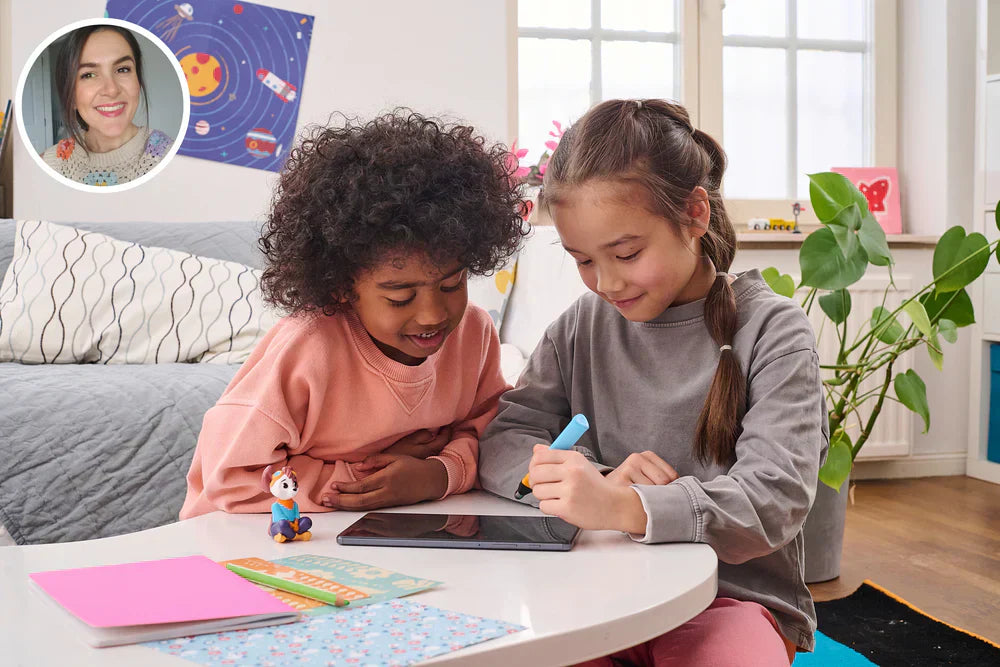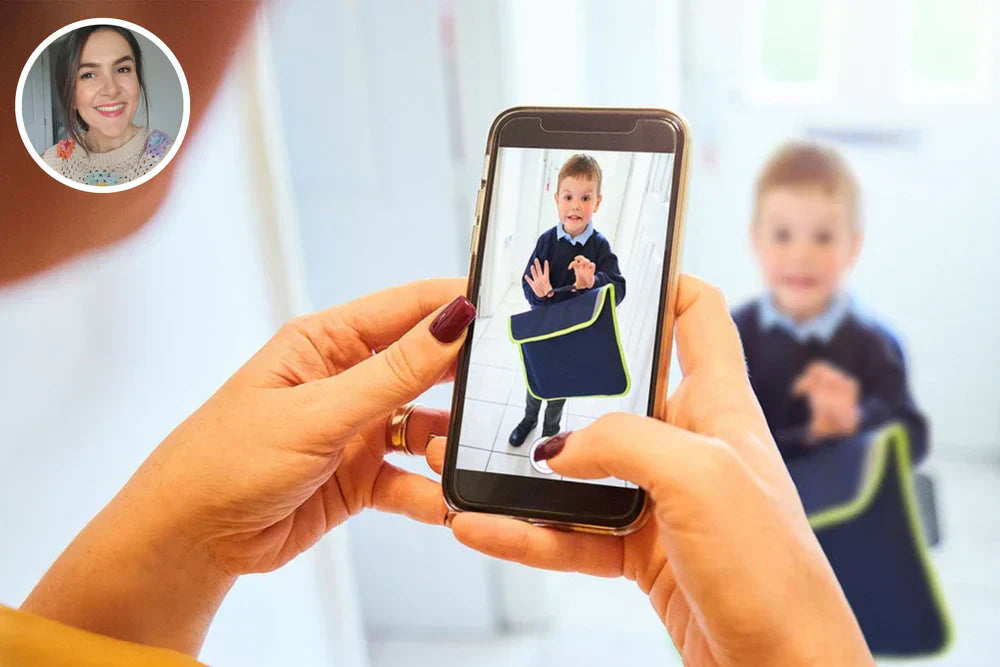When your child is being bullied, it's one of the most difficult situations parents can face. You want to intervene immediately, solve the problem, and make everything right again—but that's often not so easy.
It can be difficult to know what to say, who to turn to, or how to help your child feel safe again. This guide offers calm, practical advice and support. We'll show you what to look for, how to talk to your child, and which resources will help them build emotional resilience.
Time to talk: The power of simple presence
The most important thing you can do is foster an open and communicative relationship with your child. Children need to know they have a safe place to share their worries, no matter how big or small.
Try to create regular, distraction-free moments where you take time for your child—perhaps on the way to school, at dinner, or during a shared activity like a puzzle or drawing. Children often open up more easily in these pressure-free moments.
And remember: Your own openness helps, too. Talk about your day, your ups and downs, and your feelings. This way, you'll show your child that it's okay to talk about feelings.
Recognizing the silent signals
Not all children openly say, "I'm being bullied." Shame, confusion, or fear can keep them silent. That's why it's important to look out for warning signs:
- Unexplained injuries
- Avoiding school or social situations
- Changes in appetite or sleep
- Lost items
- Change in mood or loss of self-confidence
Trust your instincts. If something seems odd, it's worth asking for more details.
You are not alone: Involve the school
All schools in the UK are required to take action against bullying. If your child is being bullied, contact the class teacher or head teacher with as much detail as possible.
You are your child's advocate. Don't be afraid to ask questions, demand clarification, and ensure the situation is taken seriously. Keep a written record of conversations—this can help you get a clearer picture if the problem persists.
Stay calm (even if it's really, really hard)
It's heartbreaking to hear that your child is hurt. However, reacting with panic or anger can sometimes make our children feel like they've caused us pain—or worse, they shut down and stop sharing.
By creating a calm and safe environment, you show them that they can confide in you, even with difficult things. Let them talk, cry, express themselves. Let them feel without immediately seeking a solution .
Why emotions are important (and how Leo can help)
Children who can identify, name, and express their emotions are better equipped to deal with challenges like bullying. That's why we developed " My Emotions with Leo ," a PSHE-focused learning world within our educational app that helps children develop emotional literacy in a safe and fun way.
When children play Leo 's fun and mindful games, they are immersed in a digital learning environment where they learn:
- Recognize emotions such as sadness, anger and fear
- to understand where these feelings come from
- express their feelings in a healthy way
By building this emotional toolbox early on, children become more resilient, more empathetic, and more likely to seek help when they need it. For Leo, it's a small (digital) step, but a giant leap for children's mental health.
What else can you do? Practical tips for at home
Here are some practical ways you can empower your child:
- Practice self-confidence: In role-plays, practice saying in a calm, confident voice: “Stop, I don’t like that.”
- Find friends: Bullies often target children who are alone. Encourage friendships and group play whenever possible.
- Keep a journal : Suggest that your child keep a journal of incidents and feelings. This can help both of you process what happened and provide you with clear information to share with the school.
If additional support is required
If your child is suffering from anxiety, low mood, or trauma related to bullying, it's perfectly fine to seek help. Your family doctor can refer you to child psychologists or local support services. Sometimes just knowing there's a team caring for your child is enough to make them feel less alone.
Remember: You are doing great
No one gives us a manual on how to deal with bullying. You navigate the path as best you can—and your presence, your love, and your willingness to listen already make a huge difference.
If you're looking for gentle, empowering tools to help your child develop emotional awareness, Leo is ready to explore them with you. Immerse yourself in the "My Feelings with Leo" world of the EDURINO educational app and give your child a calm, safe place to learn to recognize, name, and manage their feelings.
Brigid is a primary school teacher with over ten years of experience in state and private schools in the UK and the Middle East. She specializes in early childhood education and working with neurodiverse learners.
